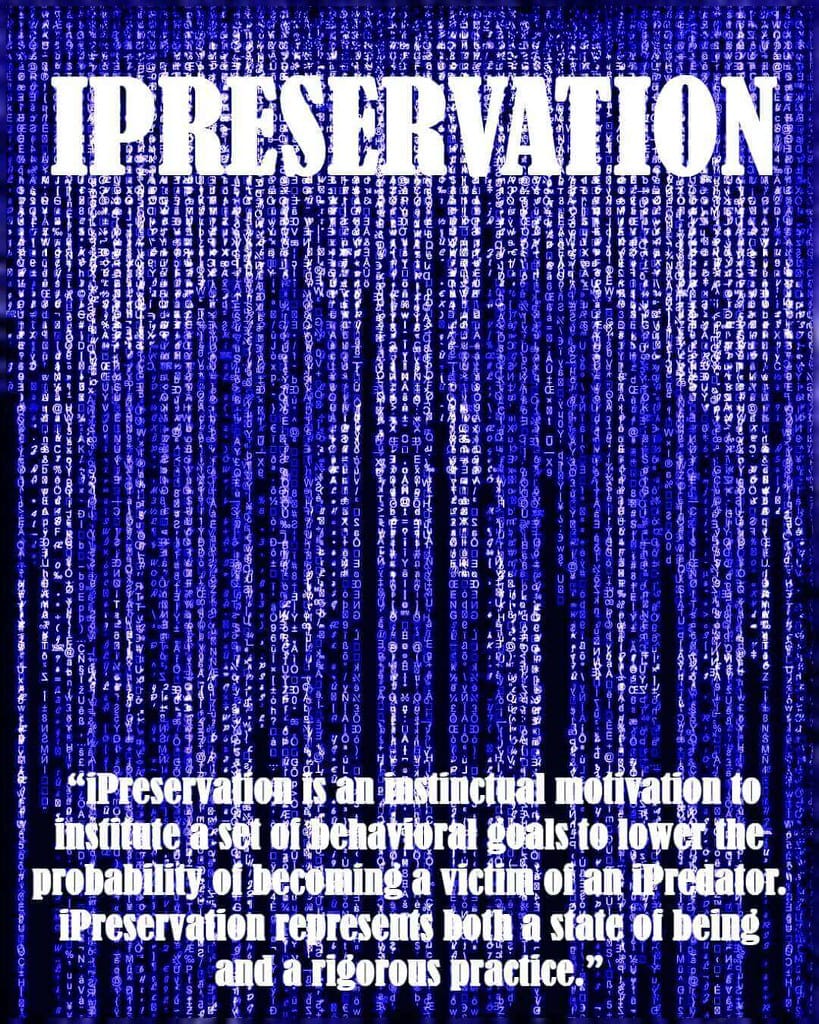4chan Defies UK's Online Safety Act: A Digital Standoff That Could Reshape Internet Regulation
The anonymous imageboard 4chan has drawn a line in the sand against the UK's sweeping Online Safety Act, refusing to comply with regulatory demands and potential fines in a move that could set a precedent for how global platforms respond to national internet legislation.
The confrontation highlights a fundamental tension in the digital age: can individual nations effectively regulate the borderless internet, especially when platforms operate from jurisdictions beyond their reach?
The UK's Digital Crackdown
The Online Safety Act, which came into force in 2024, represents one of the world's most comprehensive attempts to regulate online content. The legislation requires platforms to remove illegal content, protect users from harmful material, and implement robust age verification systems.
Under the Act, Ofcom—the UK's communications regulator—can impose fines of up to £18 million or 10% of a company's global turnover, whichever is higher. The regulator can also pursue criminal charges against senior executives and even block platforms entirely from UK internet service providers.
Major tech giants like Meta, Google, and TikTok have largely complied with the new requirements, investing millions in content moderation systems and UK-specific compliance teams. However, 4chan's defiant stance represents a different approach entirely.
4chan's Digital Resistance
Founded in 2003, 4chan operates as one of the internet's last bastions of largely unmoderated discussion. The platform, which allows anonymous posting across various topic boards, has long resisted content moderation efforts while arguing that anonymous free speech is fundamental to internet culture.
The site's administrator, known only as "Hiroyuki Nishimura," has reportedly ignored multiple communications from Ofcom regarding compliance requirements. Sources familiar with the matter suggest that 4chan views the UK regulations as incompatible with its core philosophy of minimal content moderation.
This isn't 4chan's first regulatory rodeo. The platform has previously clashed with authorities over content ranging from coordinated harassment campaigns to the sharing of illegal material. However, the UK's comprehensive approach presents a new level of regulatory pressure.
The Enforcement Challenge
The standoff exposes critical weaknesses in national internet regulation. 4chan operates servers primarily in the United States, where it enjoys First Amendment protections that are far broader than UK speech laws. This jurisdictional complexity makes enforcement particularly challenging.
Ofcom has several theoretical enforcement mechanisms at its disposal:
- Financial penalties that could theoretically reach tens of millions of pounds
- Criminal prosecution of executives, though this requires individuals to enter UK jurisdiction
- ISP blocking that would prevent UK users from accessing the platform
- Payment processor restrictions that could cut off advertising and donation revenue streams
However, each option comes with significant practical limitations and potential for circumvention through VPNs and other technical measures.
Broader Implications for Internet Governance
The 4chan case represents a broader challenge facing regulators worldwide. As nations increasingly assert digital sovereignty through comprehensive internet laws—from the EU's Digital Services Act to China's Cybersecurity Law—platforms must navigate an increasingly complex web of conflicting requirements.
Some platforms have chosen geographic compliance, implementing different rules for different regions. Others have withdrawn from certain markets entirely rather than face regulatory burdens. 4chan's approach of outright defiance adds a new dimension to this evolving landscape.
The case also raises questions about the effectiveness of national internet regulation in a global digital ecosystem. If platforms can simply ignore national authorities with limited consequences, it undermines the entire regulatory framework.
What Happens Next?
Industry observers expect this standoff to escalate in the coming months. The UK government has invested significant political capital in the Online Safety Act and cannot afford to appear ineffective in its enforcement.
Potential next steps include coordinated action with US authorities, expanded ISP blocking measures, or pursuing international legal mechanisms to pressure compliance. However, each escalation risks creating precedents that could complicate internet governance globally.
The outcome of this digital standoff will likely influence how other platforms approach regulatory compliance and how nations structure future internet legislation. As the boundaries between national sovereignty and global digital infrastructure continue to blur, the 4chan case may well become a defining moment in the evolution of internet governance.
For now, the message is clear: the age of automatic platform compliance with national internet laws may be coming to an end, replaced by a more fractured and confrontational digital landscape.

